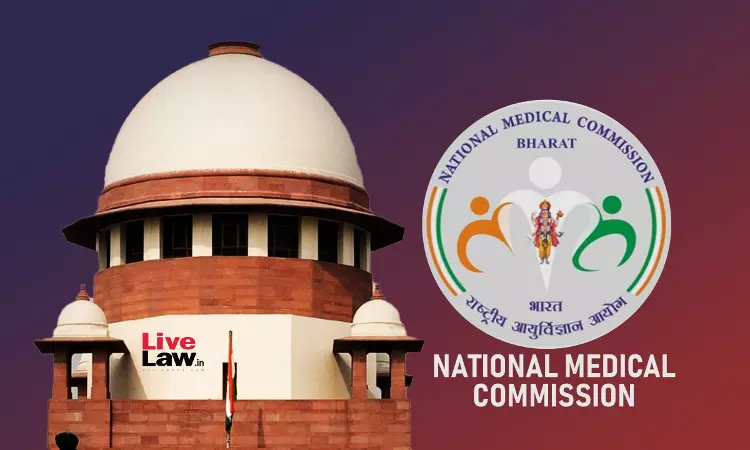In a plea concerning the law regarding the appointment of Heads of Departments (HoDs) in medical colleges, the Supreme Court ordered the inclusion of the National Medical Commission (NMC) as a necessary party to the case.A bench of Justice JK Maheshwari and Justice Rajesh Bindal was dealing with a plea against Karnataka High Court's decision holding that HoD is not an administrative post and...

